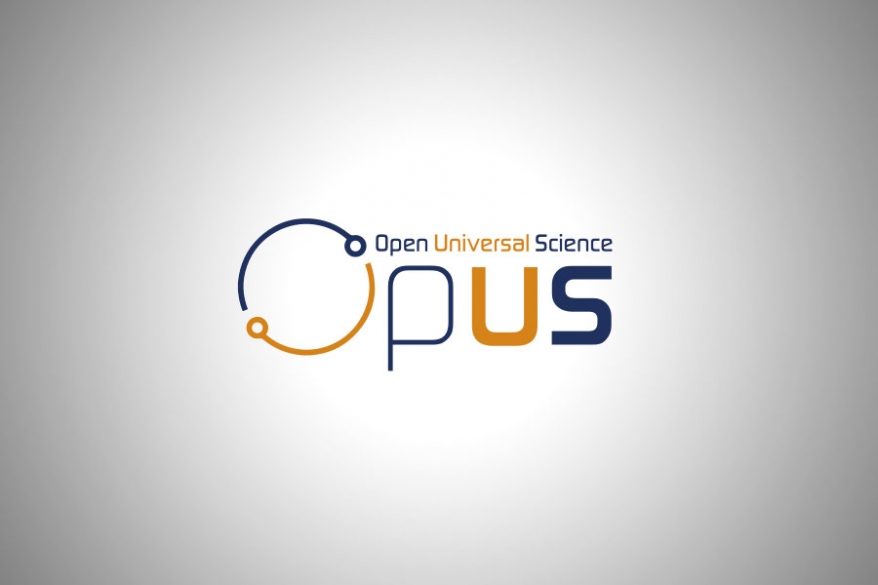The Eurodoc community has stepped up project activities recently to fulfill our organisation's mission. Working with key stakeholders increasingly bears fruit in the form of successful project proposals focused on critical topics for early-career researchers such as Open Science and Research Integrity. Earlier this year, we learned that another proposal involving Eurodoc would get funding under the Horizon Europe program.
The Open and Universal Science (OPUS) project will develop coordination and support measures to reform research assessment at Research Performing Organisations (RPOs) and Research Funding Organisations (RFOs) toward a system that incentivises and rewards Open Science practices. In this project, the umbrella term,“Open Science”, is understood as a set of practices related to Open Access, early sharing of research outputs, Open Peer Review, ensuring reproducibility of results, and involving all stakeholders in the co-creation process.
The OPUS project, starting on September 1, 2022, has an implementation period of 36 months and involves 18 diverse European partners bringing a wide range of relevant expertise to the consortium. Dr. Gordon Dalton of PLOCAN, the Oceanic Platform of the Canary Islands, is the project coordinator.
Sebastian Dahle, Vice President of Eurodoc: “Although the attention for Open Science and the number of initiatives have much increased in recent years, basic misconceptions, remaining disincentives, and unintuitive accessibility are still major barriers that we hope the OPUS project will help to solve.”

